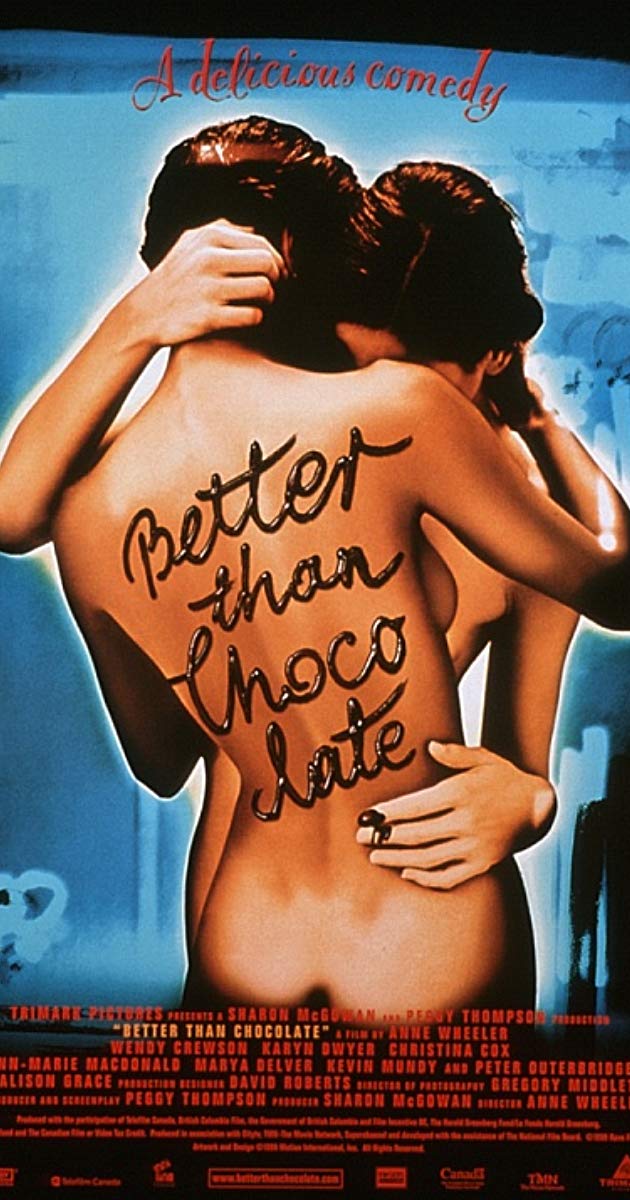Ramy on Hulu: Navigating the Tapestry of Arab American Life with Authenticity and Humor
In the captivating realm of Hulu’s original series “Ramy,” Golden Globe® Award-winning actor Ramy Youssef takes center stage, bringing to life the complex narrative of first-generation, Egyptian-American Ramy Hassan and his family in their spiritually nuanced New Jersey neighborhood. The show deftly explores the interplay between a religious community emphasizing life as a moral test and a skeptical millennial generation questioning the existence of an afterlife.
As we delve into the third season, “Ramy” continues to evolve, compelling Ramy’s family to confront lives entrenched in worldly concerns, some tainted by lies. A distinctive aspect of the series is its exploration of religious identity amidst the intricacies of modern life. The cast, featuring talents like Laith Nakli, Hiam Abbass, Amr Waked, May Calamawy, Dave Merheje, Mohammed Amer, and Steve Way, delivers compelling performances that add depth to the narrative.
Written, directed, and executive-produced by the multi-talented Ramy Youssef, the show also boasts executive producers Adel Kamal, A24, Christopher Storer, Tyson Bidner, Amir Sulaiman, Jerrod Carmichael, and co-creators Ari Katcher and Ryan Welch, alongside Kate Thulin. A24 handles the production, ensuring a seamless execution of the series.

“Ramy” is often marketed as a show about Muslims, but its significance extends beyond religious boundaries, specifically delving into the intricacies of Arab American life. The themes interwoven with Islam resonate universally, transcending religious affiliations and socioeconomic backgrounds. Whether Muslim, Christian, atheist, religious, secular, rich, or poor, the show offers a milestone in the representation of Arab Americans in the arts.
Addressing the inevitable conversations around the show’s portrayal of intimate scenes, it is a masterful depiction of real-life experiences. The authenticity in showcasing Arab Americans engaging in various aspects of life, including relationships and sexuality, contributes to the richness of the narrative. To dismiss these elements would be to deny the diverse and multifaceted reality of Arab American existence.
Without delving into spoilers, episodes 6 and 7 stand out, offering moments of brilliance that captivate audiences. These episodes contribute to the show’s reputation for delivering impactful storytelling and character development.
Despite its cultural and religious themes, “Ramy” should not be reduced to a manifesto for Muslim American life. It is, at its core, a real, funny, and sometimes poignant portrayal of central characters representing real people and experiences. The insistence on viewing it as a guide to Muslim American life misses the mark, overshadowing the show’s broader contribution to authentic storytelling and cultural representation.
“Ramy” on Hulu is a hidden gem that transcends its initial marketing, becoming a beacon for the authentic portrayal of Arab American life. It navigates the delicate balance between tradition and modernity, delivering a narrative that resonates across diverse audiences. As it continues to break ground in the arts, “Ramy” stands as a testament to the power of storytelling in bridging cultural gaps and fostering understanding.
Discover more from DG Speaks
Subscribe to get the latest posts sent to your email.




One Comment
Comments are closed.